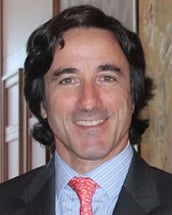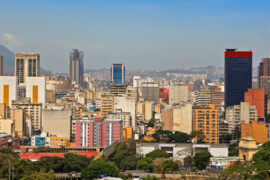In brief
Decree 310/23 (“Decree“) creates a promotional regime for the importation of certain types of unassembled vehicles (“Regime“). The purpose of the Regime is to stimulate new investments in the automotive industry by reducing the import duties applicable to certain types of vehicles that are imported unassembled.
In focus
The Regime allows the importation of certain types of unassembled vehicles with the purpose of integrating such parts with locally manufactured ones.
The Regime applies to new projects submitted for approval after the issuance of the Decree.
The Decree defines “unassembled vehicle” as that which has the essential characteristics of a complete product under Rule 2.a of the Harmonized Tariff Schedule.
To qualify for the Regime, applicants must:
- Have an industrial plant for the manufacturing of vehicles in Argentina.
- Comply with the guidelines for export performance to be set by the Secretary of Industry.
The Secretary of Industry must also verify that no local production for the same category of vehicles exists in Argentina.
To qualify, the project must comply with the following minimum national content requirements:
- Stage 1: 10%
- Stage 2: 12%
- Stage 3: 15%
The different stages are defined as follows:
- Stage 1: Years 1 and 2
- Stage 2: Years 3 and 4
- Stage 3: Year 5
The minimum national content shall be calculated in accordance with the formula set forth in Articles 12 and 16 of Law 27,263.
Projects must be filed before 31 December 2029, and shall be approved for a period of up to five years and which may be extended only once.
The parts imported under the Decree making up the unassembled vehicle and classified under tariff item numbers 87.02 (vehicles for the transport of 10 or more people) and 87.04 (vehicles for the transport of goods) will pay an import duty of 14%.
The importer must guarantee the difference between the 14% reduced rate and the rate applicable under the general import regime.
Click here to access the Spanish version.





